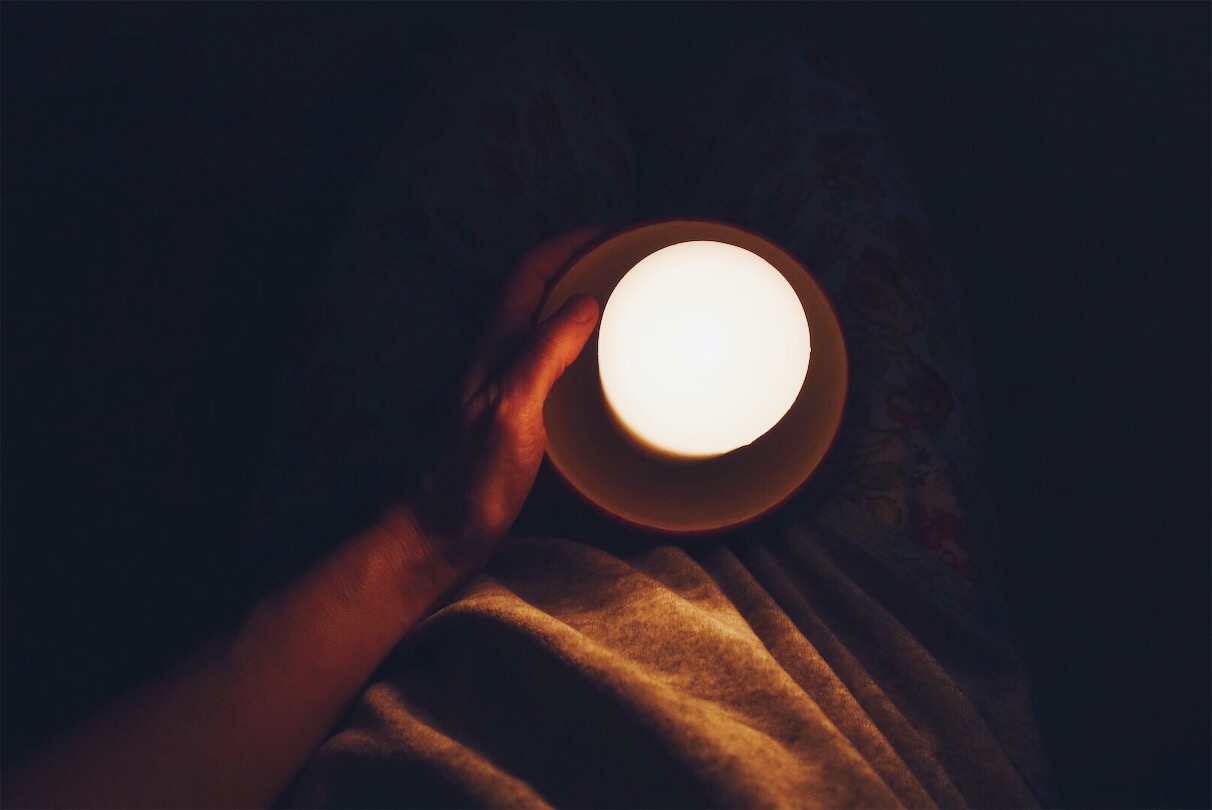a helpful exercise
/Even though I set myself a deadline, I find myself taking frequent breaks to watch the hearings on a live stream on my phone. There are so many of these hearings I’ve quit keeping track of what they are. At any rate, they all contain the same cast of characters leaning forward into mics, foreheads furrowed, cloak of righteousness and/or indignation. When they break for lunch or duties or press conferences, I write furiously, try to keep my characters from suddenly becoming indignant and/or righteous and/or spiraling into hopelessness at the demise of everythingtheyeverbelievedaboutdemocracy.
At regular intervals I have to stop and wrestle with the idea that two people, equally desirous of justice, can watch the same never-ending hearings and draw different conclusions. My brain does not want to accept this. Even now I do not want to write this down. I want both people to see the truth. Which is the way I see it. Which is the way all reasonable and justice-loving people see it. On my phone screen is a montage of interviews which defy my desire. A teenage girl in a Woodstock t-shirt flips off an alt-right reporter, a woman with hair the color of old foam scowls to a news network, it’s all a pack of lies and machinations. I make a mental note to use “machinations” in a sentence sometime soon.
I think about what I’ve learned from the Benedictines and the Buddhists and Mr. Rogers and the Pacifists, how everyone has goodness in them and it is our work to find and welcome it. I think about how peacemaking is listening and understanding the other side and I think how I’m tired of hearing the other side and I just want them to quit being wrong but I know that somewhere out there someone is thinking the same about me, and I stop for just a minute and sigh.
I take a break for lunch. The geese have been sleeping on the porch and I shoo them away. It is almost about to rain but I put on my boots and get the old broom and sweep away the mess they’ve made before a delivery driver or a neighbor decides to drop by unexpectedly as they did last week and had to tiptoe around piles of goose shit to reach the front door because I was down in my office writing my novel and didn’t know there was shit happening on the porch. I feel like this is a metaphor for my whole life but I don’t know exactly what it means. Also, I think, while I’m sweeping, that DISTRUST is the common denominator. None of us believes anyone anymore, so we go with the narrative we’ve already been constructing for a long time. This makes sense to me. My whole novel is about the fallout of broken fidelities. I decide that lunch is a bowl of peanut butter and chocolate chips and get back to work writing with renewed purpose.
On the checklist for “How to Be a Writer,” is point number 3: “Know who you are writing for.” There is a helpful exercise accompanying it: “Write a paragraph that states clearly who you are writing for.” This reminds me of the old Slylock Fox comics in the Sunday paper. “How to draw a Fox: Draw a circle. Now draw a square. Now draw a Fox.” At first I was discouraged, because how can I be a writer if I cannot even complete point number 3 on the checklist? Over time, I have realized that the exercise, like Slylock Fox’s drawing instructions, is pointless. You do not discover your readers by paragraphical declaration. You discover them by process of elimination. Is anyone still around after you have written your truth? That’s who you are writing for.
The hearings are done for the day and so now all there is left to do is reconstruct a future for myself which does not include despair. I write some more and I think about the readers who will read this novel and understand what I am saying about shit and cloaks of indignation and disbelief and truth and that little thread of hope that keeps us moving forward and I don’t feel quite so bad. Maybe I even feel like these are the machinations of hope: to be as real as we can be, to keep ourselves from easy categorizations, to make art, and conversation, and mistakes, and stands, and contradictions (I am large, I contain multitudes), and sense, and love, and dinner. I think about how much I want something to trust in again, and I look outside and see the geese are sitting on the porch and so I shoo them away and find the broom and I think, well, there’s that.





